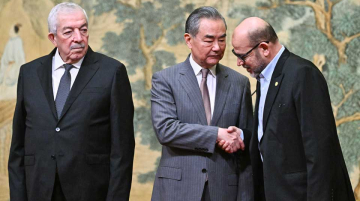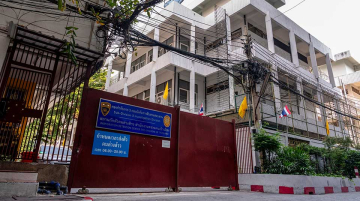On November 16, 2023, an overcrowded wooden boat carrying around 250 Rohingyas attempted to land in the Indonesian province of Aceh. They were unwelcome, and locals turned the boat away. The Rohingyas are a predominantly Muslim ethnic minority group in Myanmar. Thousands are forced to risk their lives each year to escape brutal persecution and killings.
The world watched in shock. Seeing the recent treatment by Indonesians has left some observers scratching their heads. Why is Indonesia, a Muslim-majority country and a staunch supporter of Palestine, refusing to accept the Rohingyas? It is just as confusing as Indonesia’s muted response to the Uyghurs in China, others would point out.






